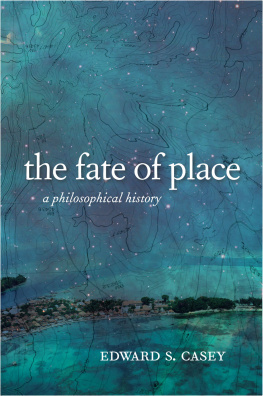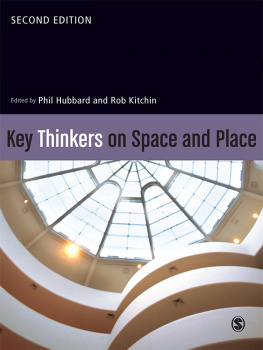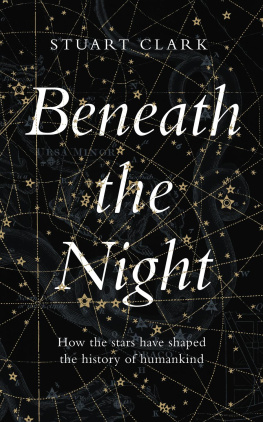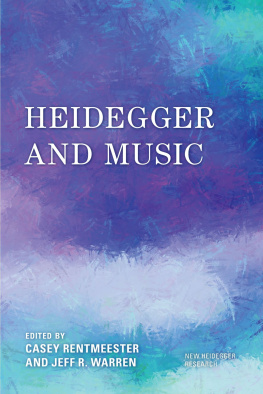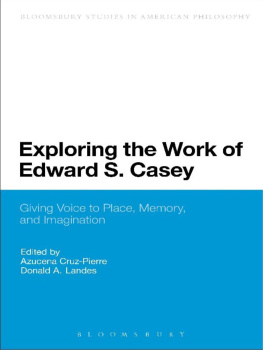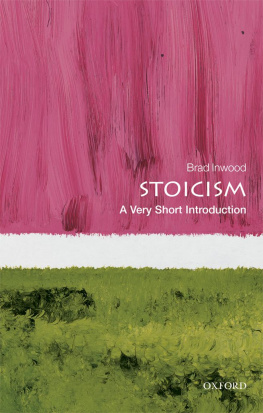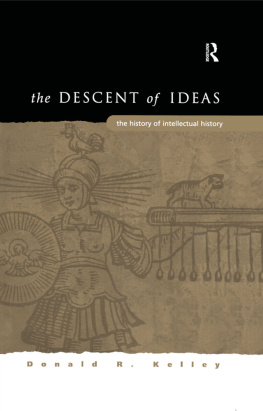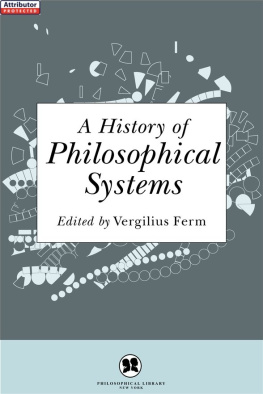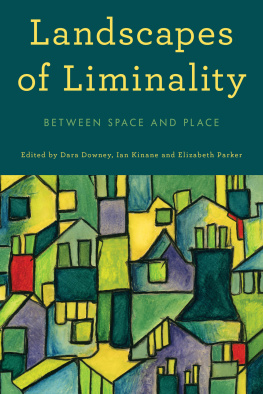
The Fate of Place

The Fate of Place
A Philosophical History
Edward S. Casey
University of California Press
Berkeley / Los Angeles / London
The publisher wishes to thank Bernard Tschumi Architects for permission to reproduce three images in this volume (all appear in this volumes chapter 12).
University of California Press
Berkeley and Los Angeles, California
University of California Press
London, England
First Paperback Printing 1998
Copyright 1997 by The Regents of the University of California
Library of Congress Cataloging-in-Publication Data
Casey, Edward S.
The fate of place : a philosophical history / Edward S. Casey.
p. cm.
Includes bibliographical references and index.
ISBN 978-0-520-27603-1 (pbk : alk. paper)
eISBN 9780520954564
1. Place (Philosophy)2. Space and time.I. Title.
B105.P53C361997
114dc20
96-6411
CIP
Printed in the United States of America
16 15 14 13
4 3 2 1
The paper used in this publication is both acid-free and totally chlorine-free (TCF). It meets the minimum requirements of ANSI/NISO Z39.48-1992 (R 1997) ( Permanence of Paper ). 
In Living Memory of Three Extraordinary Mentors
Mikel Dufrenne (19101995), William Earle (19191988), John Niemeyer Findlay (19031987)
Whose Exemplary Practice, in Speech and Writing, Taught Me the Force and Value of Taking Philosophical History Seriously
Contents
Preface: Disappearing Places
The power of place will be remarkable.
Aristotle, Physics
No man therefore can conceive anything, but he must conceive it in some place.
Thomas Hobbes, Leviathan
The present epoch will perhaps be above all the epoch of space.... The anxiety of our era has to do fundamentally with space, no doubt a great deal more than with time.
Michel Foucault, Of Other Spaces
I
Whatever is true for space and time, this much is true for place: we are immersed in it and could not do without it. To be at allto exist in any wayis to be somewhere, and to be somewhere is to be in some kind of place. Place is as requisite as the air we breathe, the ground on which we stand, the bodies we have. We are surrounded by places. We walk over and through them. We live in places, relate to others in them, die in them. Nothing we do is unplaced. How could it be otherwise? How could we fail to recognize this primal fact?
Aristotle recognized it. He made where one of the ten indispensable categories of every substance, and he gave a sustained and perspicacious account of place in his Physics. His discussion set off a debate that has lasted until the present day. Heidegger, for example, contends with Aristotle as to what being in a place signifies for being-in-the-world. More recently still, Irigaray has returned to Aristotles idea of place as essential to an ethics of sexual difference. Between Aristotle and Irigaray stretch more than two millennia of thought and teaching and writing about placea period that includes such diverse debating partners as Iamblichus and Plotinus, Cusa and Bruno, Descartes and Locke, Newton and Leibniz, Bachelard and Foucault.
Yet the history of this continuing concern with place is virtually unknown. Unknown in that it has been hidden from view. Not deliberately or for the sake of being obscure, much less to mislead: unlike the unconscious, place is not so controversial or so intrusive or embarrassing as to require repression. On the contrary, just because place is so much with us, and we with it, it has been taken for granted, deemed not worthy of separate treatment. Also taken for granted is the fact that we are implaced beings to begin with, that place is an a priori of our existence on earth. Just because we cannot choose in the matter, we believe we do not have to think about this basic facticity very much, if at all. Except when we are disoriented or lostor contesting Aristotles Physics we presume that the question is settled, that there is nothing more to say on the subject.
But there is a great deal to say, even if quite a lot has been said already by previous thinkers. Yet this rich tradition of place-talk has been bypassed or forgotten for the most part, mainly because place has been subordinated to other terms taken as putative absolutes: most notably, Space and Time. Beginning with Philoponus in the sixth century A.D. and reaching an apogee in fourteenth-century theology and above all in seventeenth-century physics, place has been assimilated to space. The latter, regarded as infinite extension, has become a cosmic and extracosmic Moloch that consumes every corpuscle of place to be found within its greedy reach. As a result, place came to be considered a mere modification of space (in Lockes revealing term)a modification that aptly can be called site, that is, leveled-down, monotonous space for building and other human enterprises. To make matters worse, in the course of the eighteenth and nineteenth centuries place was also made subject to time, regarded as chronometric and universal, indeed as the formal a priori condition of all appearances whatsoever, in Kants commanding phrase. Even space, as the form of outer sense, became subject to temporal determination. Place, reduced to locations between which movements of physical bodies occur, vanished from view almost altogether in the era of temporo-centrism (i.e., a belief in the hegemony of time) that has dominated the last two hundred years of philosophy in the wake of Hegel, Marx, Kierkegaard, Darwin, Bergson, and William James.
I say that place disappeared almost altogether. It never went entirely out of sight. Part of its very hiddennessas Heidegger would insistincludes being at least partially unhidden. In bringing out the concealed history of place, I shall show that place has continued to possess considerable significance despite its discontinuous acknowledgment. Thus Platos Timaeus, though stressing space as chra, ends with the creation of determinate places for material things. Philoponus, taken with the idea of empty dimensions, maintains nonetheless that three-dimensional space is always in fact filled with places. Descartes finds room for place as volume and position within the world of extended space. Even Kant accords to place a special privilege in the constitution of what he calls cosmic regions, thanks to the role of the body in orientationa role that, a century and a half later, will provide a key to twentieth-century conceptions of place in the work of Whitehead, Husserl, Merleau-Ponty, and Irigaray. But in every such case (and in still others to be discussed in this book) it is a matter of drawing place out of its latent position in the manifest texts of Western philosophy, retrieving it from its textual tomb, bringing it back alive.
The aim of The Fate of Place is to thrust the very idea of place, so deeply dormant in modern Western thinking, once more into the daylight of philosophical discourse. This will be done in four parts. In Part I, I shall first examine mythical and religious narratives of creationwith an eye to discerning the primordiality of place at the beginning of things. I will then focus on Platos quasi-mythical cosmology in the Timaeus, as well as on Aristotles detailed treatment of place in the Physics. In Part II I follow the sinuous but fascinating thread that leads from Hellenistic and Neoplatonic thought to medieval and Renaissance consideration, and in Part III I take a close look at early modern theories of place and space, ranging from Gassendi to Kant. This sets the stage for the final part, which explores a recrudescence of concern with placeno longer subordinate to Space or Timein an array of late modern and postmodern thinkers.
Next page
